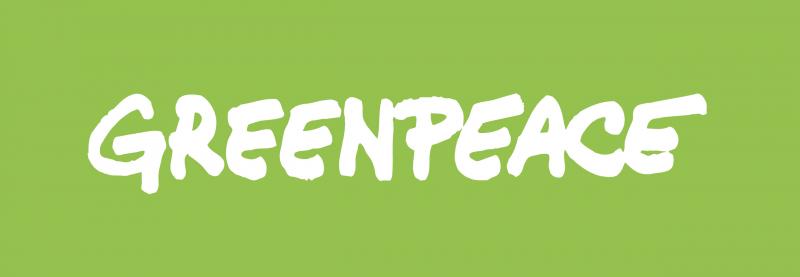
Greenpeace is calling out the new labour-led government for muddying the waters on its promise to end state funding of irrigation and clean up rivers.
The speech from the throne states that Government support for irrigation will not increase, however Shane Jones indicated on Sunday’sQ and A programme that the new $1 billion regional development fund may be used for irrigation.
“Shane Jones is talking about investing in ‘localised water storage schemes’ but that’s just another way of saying irrigation” says Greenpeace agriculture campaigner, Gen Toop.
“If this government truly wants to restore New Zealanders’ birthright to swim in clean rivers and drink pure safe water from our taps, then they simply cannot continue funding irrigation.”
Greenpeace recently delivered a 68,313 strong petition calling on the government to end state funding of irrigation. This call has been echoed by sixteen organisations from across civil society, representing over half a million New Zealanders.
“It’s pretty simple. Irrigation schemes drive conversions to intensive dairying. More cows means more dirty rivers,” says Toop.
One of the arguments used by the irrigation lobby – and now Shane Jones – is that irrigation is needed to help the regions deal with increasing drought as a result of climate change.
“Water from irrigation schemes is not used for drought resilience it is used to intensify agriculture, particularly dairying.”
In the summer of 2015, the Opuha dam in South Canterbury dried up completely. All irrigation takes were shut off and 250 farmers were left without water in the midst of the drought.
The dam made the severe drought worse for farmers, because they’d used the water to create more intensive farms which were then reliant on more water.
Even typically pro-irrigation groups like Federated Farmers have raised these concerns. Fed Farmers South Canterbury president Ivon Hurst is quoted as saying: “Ironically, it’s those with irrigation that are likely to be the worst off because of course they’re stocked up to the limit and have high standing costs so when they do get caught without water, they are in real trouble.”
Toop says, “This Government needs to be incentivising appropriate uses of land in dry regions not continuing the former government agenda of using irrigation to put thirsty intensive dairy farms in arid regions, like Canterbury and the Mackenzie country.”
“The best form of water storage is not in dams, but in healthy soil”
Intensive agricultural techniques, like overstocking a farm with too many cows, compacts the land and reduces the ability of soil to absorb water when it rains.
Healthy soil, created through regenerative farming techniques on the other hand, acts like a big sponge, absorbing vast volumes of water, storing it and releasing it slowly.
“Instead of using taxpayer money to suck water out of our fragile rivers for intensive dairying this Government should help farmers adopt regenerative farming techniques that build healthy soil.”





